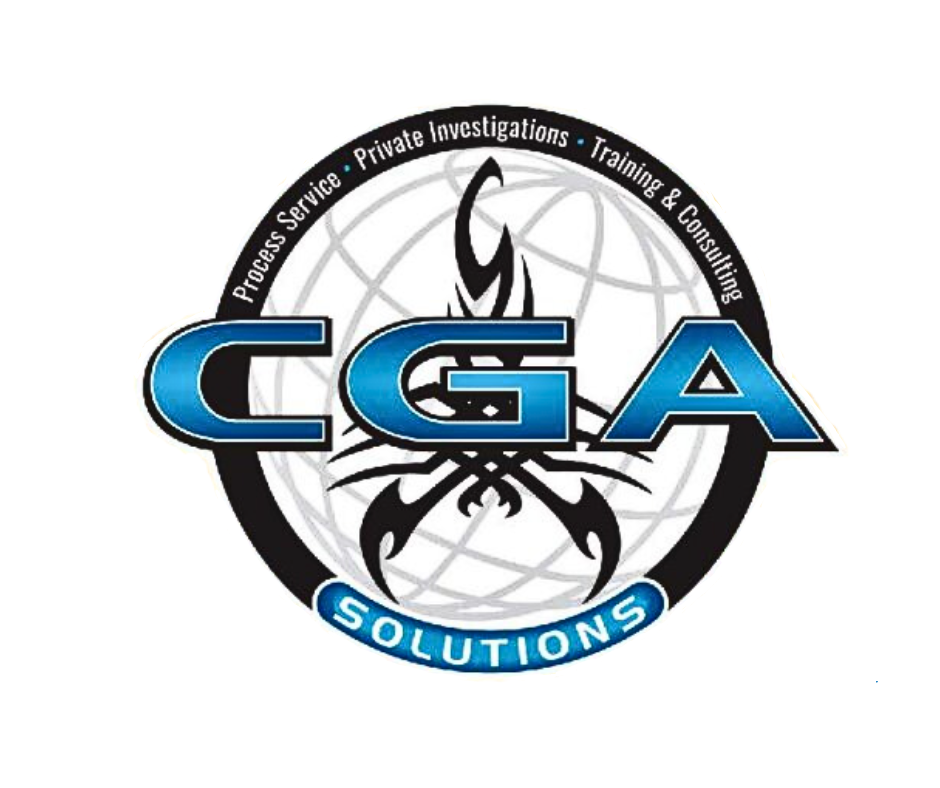Here’s What You Need to Know About Mortgage Fraud
An economic recession brings financial uncertainty and additional strain on individuals. And with the current state of the housing market, we are seeing mortgage fraud cases on the rise. So what does mortgage fraud entail? A lot actually. Let’s break down the core components of mortgage fraud.
What Is Mortgage Fraud?
Mortgage fraud is the act of intentionally deceiving a buyer or lender to purchase, fund, or insure a mortgage loan.There are two main categories of mortgage fraud: fraud for profit and fraud for housing. Yes, both borrowers and industry insiders are both capable of being victims or culprits of mortgage fraud.
Let’s break each of these down.
Fraud for Profit
This category refers to fraud committed by industry insiders, such as appraisers, bank officers, attorneys, mortgage brokers, and other professionals. Using their knowledge of mortgage loans and real estate, these insiders take advantage of lenders and/or homeowners by intentionally misusing the mortgage lending process to steal funds and equity.
Fraud for Housing
Conversely, fraud by housing is committed by borrowers to gain and/or maintain ownership of property. Examples of this include lying about their income or assets on their mortgage application or enticing an appraiser to manipulate a property’s appraised value.
Common Types of Mortgage Fraud
There are several mortgage fraud schemes out there – and even more prevalent in this current economy with increasing interest rates and demand for housing ownership. There’s a lot of different mortgage schemes out there you should be aware of, whether you are a borrower or insider.
Occupancy Fraud
Occupancy fraud is when a borrower falsely claims the use of the property or home for a more favorable bank status. This often occurs when the owner claims that the home will be owner-occupied when in reality they will live somewhere else and the property remains vacant or is rented out to other tenants.

Identity Fraud
Identity fraud is one of the oldest scams in the book, but it’s still one of the most common scams out there. Identity fraud for home buying occurs when the buyer fraudulently uses another person’s information, such as social security number, address, and financial information in order to obtain financing.
Identity fraud can also be used to obtain a better mortgage loan by using another person’s financial information, such as bank information, tax returns, W-2s, and employment verification letters.
Illegal House Flipping Fraud
House flipping has been a popular business for years, and even provides entertainment on TV. Buying, renovating, and then selling a home is not an illegal act. However, buying property below market value and then quickly selling it for a higher cost through the help of a corrupt appraiser who inflates the value of the property.

Appraisal Fraud
An appraisal fraud occurs when the real estate agent, homebuilder, appraiser, and loan officer work together to maximize the buying price and loan amount on a home so they can receive a higher commission payout. These loan frauds are a bit more complicated because there are several different characters involved in this scheme, but they do still occur.
Predatory Loans
With predatory loans, a mortgage provider may have the buyer or applicant provide false information on their mortgage application, such as income, down payment, assets, or expenses.
Fraud can also occur within the industry against other professionals. An air loan, for example, occurs when a group of industry professionals create a fake borrower and a fake chain of title to get the title and property insurance binder. Essentially the loan is obtained on a nonexistent property or for a nonexistent borrower. This gives the perpetrators a payout without buying or selling the property.
How You Can Protect Yourself From Mortgage Fraud
If you are a buyer, be sure to choose your lender, broker, attorney, and agent carefully. Even those that give you the biggest smile and hug when they see you are capable of tricking you out of your money.
On the industry side, you must also be careful in ensuring the information potential buyers provide is accurate and they are who they say they are. No one wants to be scammed out of money, especially when it comes to a large investment like buying or selling a home.
CGA Solutions provides investigation services for individuals and businesses to ensure their mortgage process is in the best hands for both the insiders and the borrowers. From background investigations to asset investigations to due diligence, our licensed team of investigators are here to help you.
For more information, contact CGA Solutions today.








